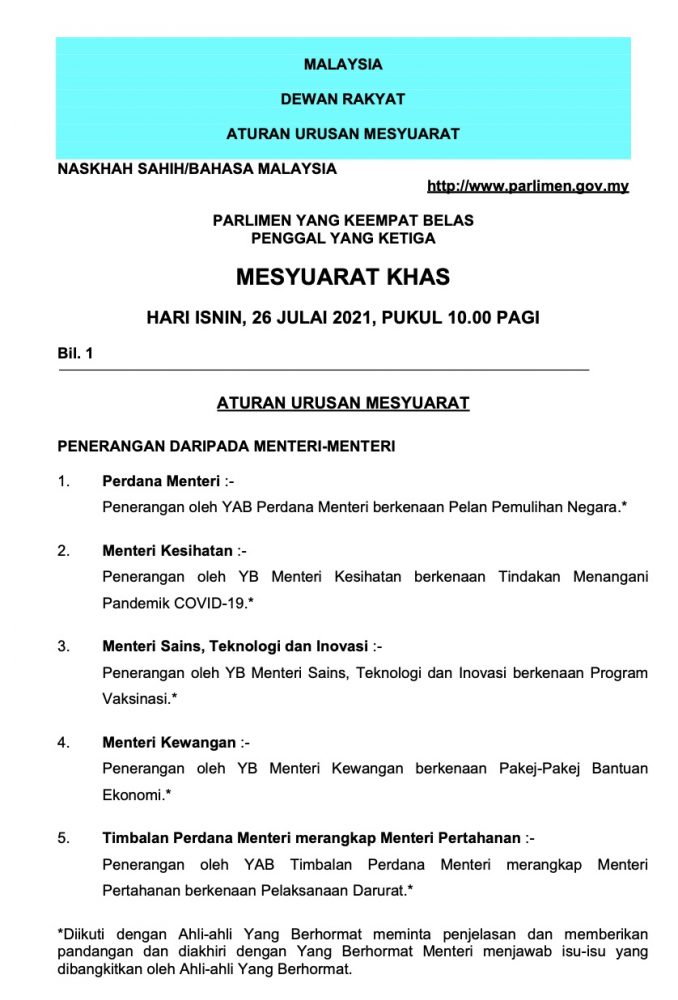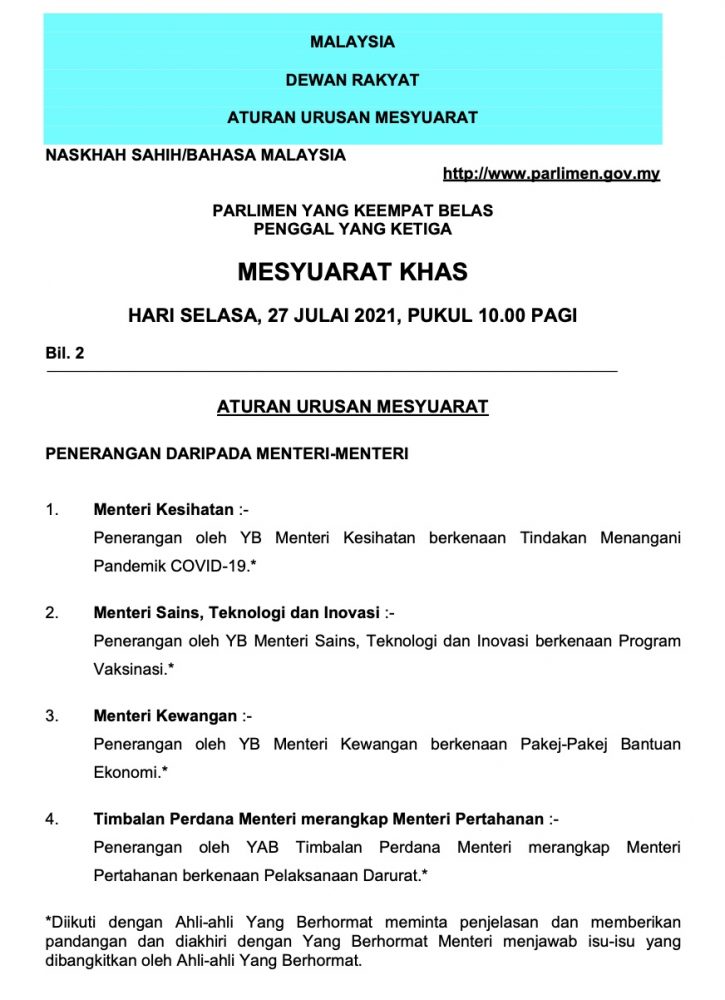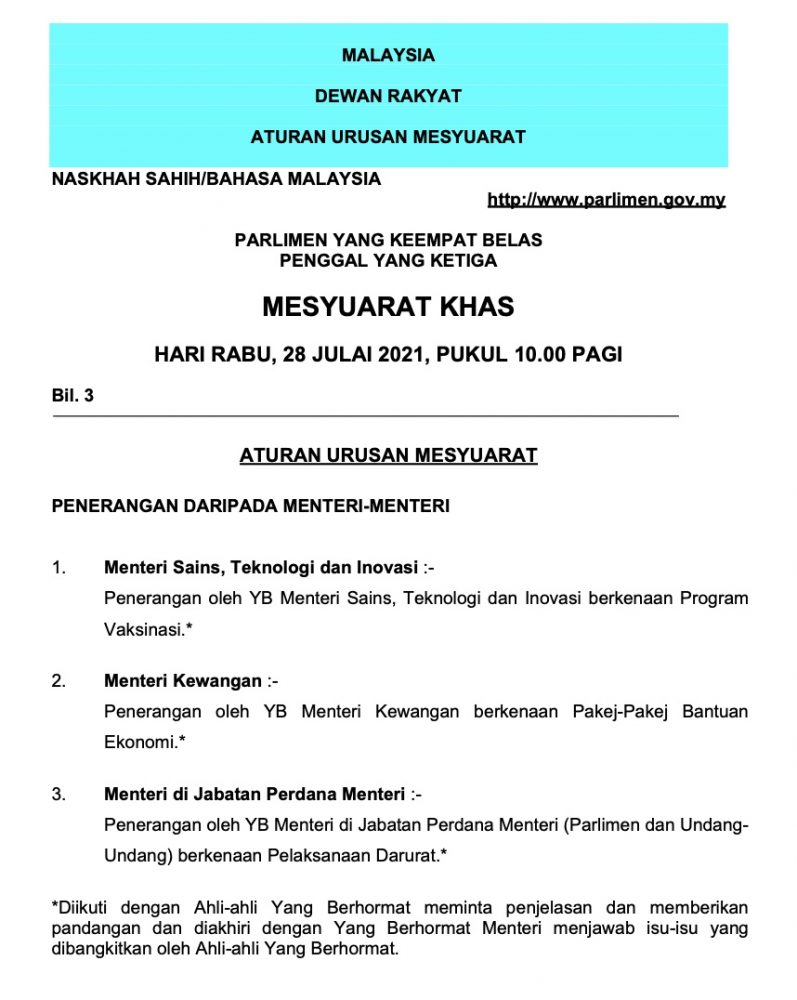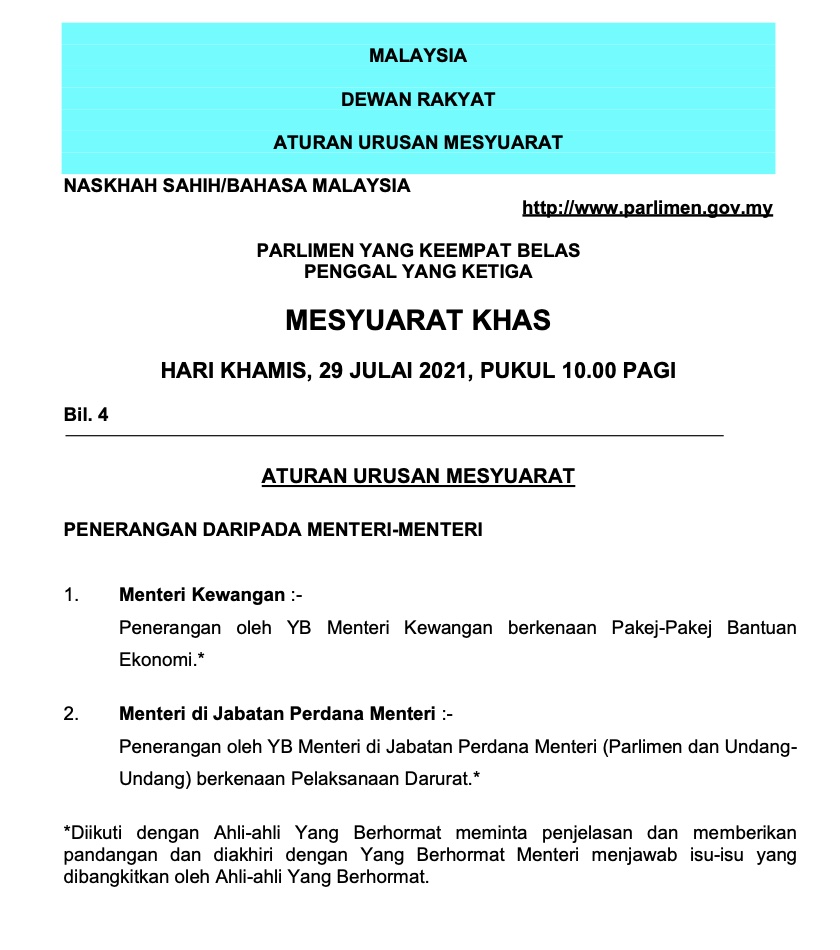Annuar Zaini and the latest “Constitutional Crisis”

In short, the Agong cannot interfere in the running of Parliament and His Majesty cannot decree (titah) how the business of Parliament is to be conducted — or else this would mean His Majesty is trying to control Parliament and wants to decide how Parliament is run. His Majesty’s “titah” exceeds the authority of a constitutional monarch and this would be unconstitutional.
NO HOLDS BARRED
Raja Petra Kamarudin
It looks like Mohd Annuar Zaini’s hidden hands are again at work behind the scenes. This is the man who was involved in the ouster of His Majesty Sultan Muhammad V of Kelantan as the Agong in 2018. He is also the man who was involved in the attempt to bring down the Perak State Government recently.
And now he is at it again.
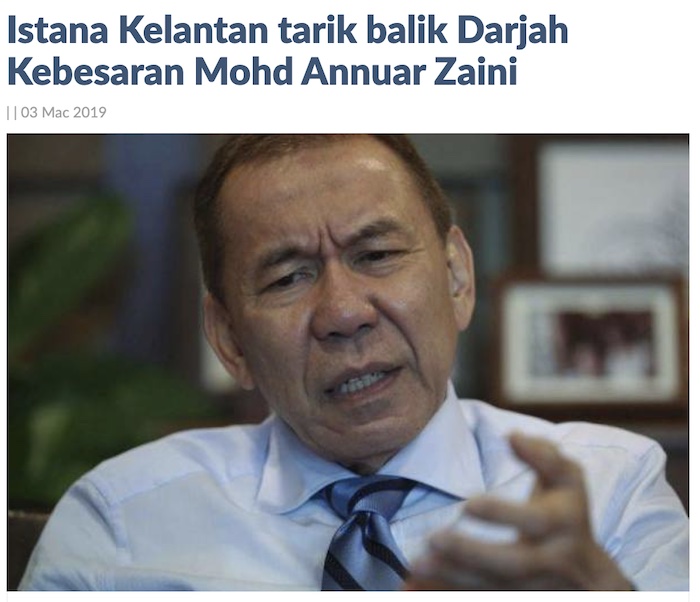
The media is calling this week’s events a “Constitutional Crisis”, and this is not the first “Constitutional Crisis” Malaysia has seen. Some are calling it the third “Constitutional Crisis”, after the first one in 1983 and the second in 1994.
The truth is, it is not the third one, if we insist that this week’s shenanigans tantamount to a “Constitutional Crisis”. Since Merdeka 64 years ago, there have been many “Constitutional Crises”, some at Federal level and many at State level. There is not a single State that has not seen a state-level “Constitutional Crisis” over the last 64 years.
If I were asked to give an educated guess, I would guess that this week’s “Constitutional Crisis” is probably the 20th or 30th. That averages about one “Constitutional Crisis” every two years or so.
Even the all-powerful and anti-Raja-Raja Melayu Tun Dr Mahathir Mohamad has had to kowtow to the Sultans on many an occasion — such as when the late Sultan of Pahang wanted Abdul Rahim Abu Bakar removed as the Pahang Menteri Besar. Six months later, at the request of the Istana Pahang, Mahathir appointed Najib Tun Razak as the new Pahang Menteri Besar.

The cause of the Istana Pahang-Menteri Besar Pahang clash was regarding timber land (as revealed by the then Gerakan President Lim Keng Yaik). So the Sultan wanted Rahim Bakar removed and replaced with an “Orang Istana”. And this was how Najib became the Pahang Menteri Besar at such a young age.
This relationship between Najib and the Istana Pahang remains strong until today. The Raja Permaisuri Agong and Rosmah Mansor are close buddies, and they meet often at the Pavilion Residences to gossip about the latest political developments.
But this latest “Constitutional Crisis” (whether the 20th or 30th) is a huge misstep for the Agong. This time, Annuar Zaini may have bitten off more than he can chew, and he has dragged the Agong into the deep end of the pool. What they achieved is they have given ammunition to the republicans to prove that the Raja-Raja Melayu are a nuisance and maybe it is time to resurrect the debate on turning Malaysia into a republic.
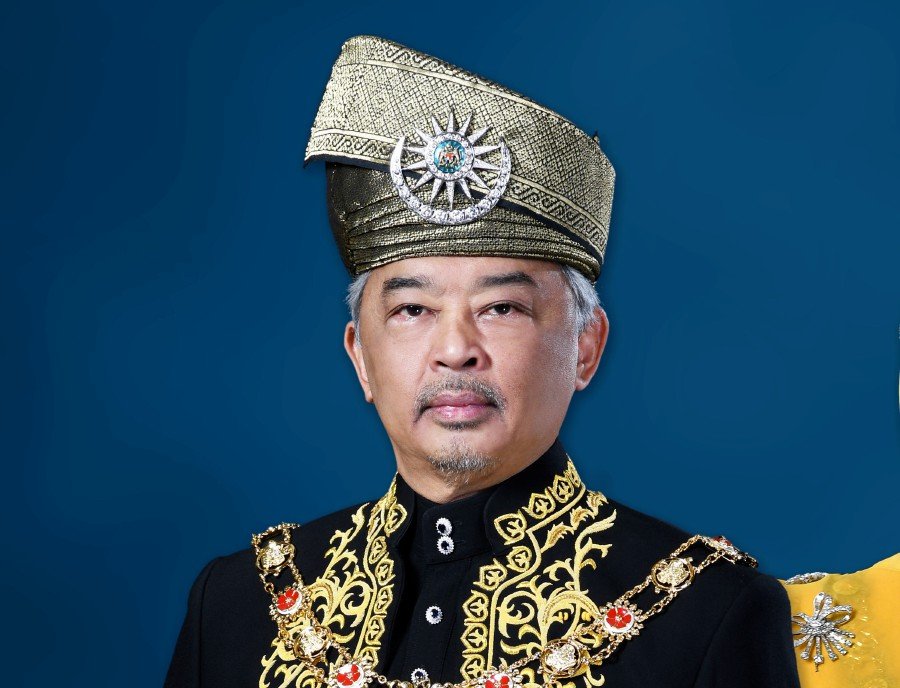
The Agong has been misled into exceeding his authority
These are very dangerous waters which the Agong is wading into. The Agong has no legal and constitutional authority to tell Parliament how it must conduct its business. The monarchy, legislature, judiciary, and executive are four separate branches of government. And one is not supposed to interfere in the other.
But then the Agong is telling Prime Minister Muhyiddin Yassin how he must do his job and how Parliament should be run. That will turn the Agong into an executive instead of a non-executive Agong. That is not how a constitutional monarch should behave. And this is going to open a Pandora’s Box that may never be closed again.
The Agong is not only putting himself at risk but the entire Raja-Raja Melayu as well. As it is, most Malaysians are tolerating the Raja-Raja Melayu as a necessary evil, but an evil, nevertheless. The normal men-on-the-street in England do not have much regard for their Royal Family. The situation in Malaysia is no different.
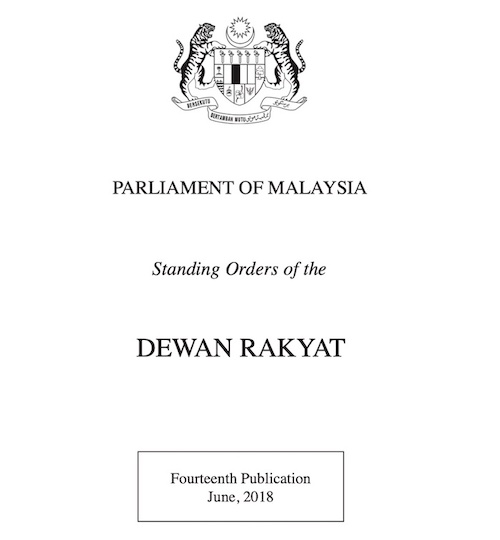
READ MORE HERE: STANDING ORDERS OF THE DEWAN RAKYAT
The just ended parliamentary session was a special one called “Mesyuarat Khas Parlimen di bawah Aturan Urusan Mesyuarat 11(3) (Standing Orders)”. It is to allow the Prime Minister to brief Parliament on the Covid-19 situation and the National Recovery Plan.
But then what are these STANDING ORDERS OF THE DEWAN RAKYAT? Well, read this 152-page document if you want to know more (READ HERE: STANDING ORDERS OF THE DEWAN RAKYAT).
The “Mesyuarat Khas Parlimen di bawah Aturan Urusan Mesyuarat 11(3) (Standing Orders)” comes under the powers of the Prime Minister, as opposed to “Mesyuarat Biasa”, which is under Aturan 62.
When the Cabinet decided to revoke the Emergency Ordinances (Ordinan Darurat), it just needed to be “Laid” to Parliament (which means it is not debated). It does not need to be “Tabled” (which means it will or can be debated).
In fact, there is no Usul (Motion) by anyone to debate and annul the Emergency Ordinances. Such a motion would require 28 days’ notice, but none were submitted.
Because the Cabinet had already decided to revoke the Emergency Ordinances, the Aturan Urusan Mesyuarat (Agenda) did not provide for the matter to be tabled, debated, or annulled (SEE THE “ATURAN URUSAN MESYUARAT PARLIMEN” BELOW).
Hence the Agong’s decree (titah) that the revocation of the Emergency Ordinances be tabled and debated in Parliament violates the “Aturan Urusan Mesyuarat Parlimen”.
So, whoever advised the Agong does not understand the procedure.
In short, the Agong cannot interfere in the running of Parliament and His Majesty cannot decree (titah) how the business of Parliament is to be conducted — or else this would mean His Majesty is trying to control Parliament and wants to decide how Parliament is run. His Majesty’s “titah” exceeds the authority of a constitutional monarch and this would be unconstitutional.
